SUMMARY
This is AI generated summarization, which may have errors. For context, always refer to the full article.
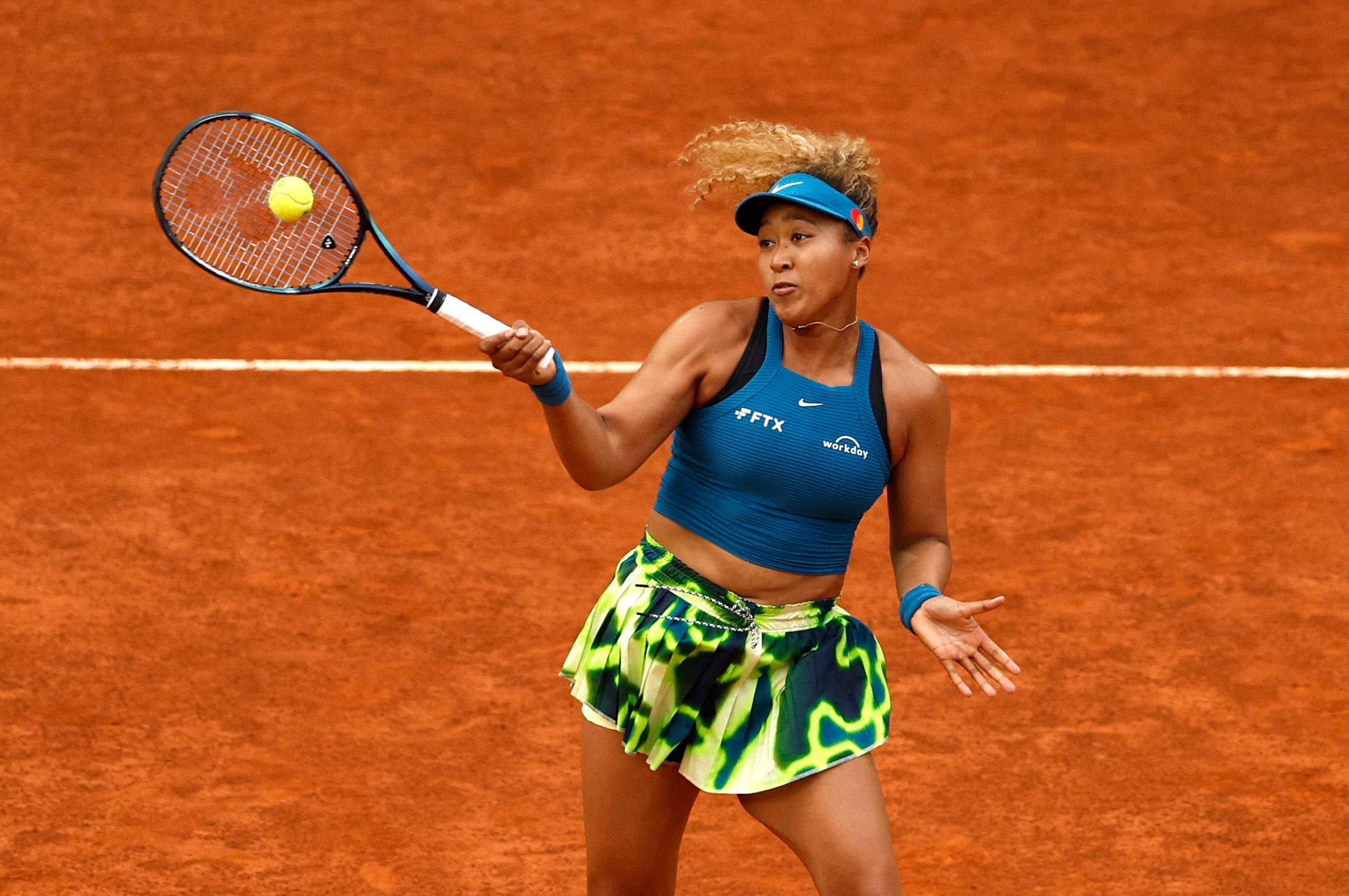
Naomi Osaka said she was worried she would bump into people at the French Open whom she “offended” last year when the four-time major winner withdrew from the tournament after boycotting post-match media duties for mental health reasons.
In the buildup to the 2021 French Open, Osaka said she would not attend the obligatory news conferences for players after matches as they impacted her mental well-being.
The Japanese, who at that time revealed she had been suffering from depression for almost three years, will begin her campaign at Roland Garros this time by facing American Amanda Anisimova in the first round.
“I was just kind of worried if there would be people that like – of course I also didn’t like how I handled the situation, but I was worried that there were people that I offended in some way and I would just kind of bump into them,” Osaka told reporters on Friday.
“But I think like everyone has been really positive, for the most part. I’m not really so sure.”
Osaka’s decision to withdraw from the clay-court major last year sparked fresh debate around athletes’ mental health.
The saga also cast a spotlight on tennis majors’ pressure-cooker post-match media mandates, as Roland Garros organizers conceded they could “do better” on mental health.
“I was also very worried about this press conference because I knew I’d get a lot of questions about this,” Osaka added.
“But, yeah, I think for me where I am right now, like I have – I wouldn’t want to say it’s like it hasn’t left my mind.
“Of course I’m still thinking about it, and I’m like kind of also prepping just in case… Yeah, for the most part, I think I’m OK.”
Tournament director Amelie Mauresmo, a former world No. 1 and twice Grand Slam winner, said she would be the first person to address complaints for players and that she had been in contact with Osaka’s camp.
“We see already that the emotions are really, really hard sometimes to handle for some players,” Mauresmo said.
“We are really prepared for what might or might not come on this side of the mental health part for this year,” she added.
Additional measures have been arranged to ease the burden of media obligations.
Organizers plan to arrange mixed zones for players who have not been specifically requested for press conferences and will reportedly instruct moderators to intervene if questions grow repetitive.
Osaka’s stand a year ago sent organizers and brands scrambling to better support their athletes but progress has been incremental.
The United States Tennis Association (USTA) announced a mental health initiative ahead of the US Open in August but saw a tearful Osaka announce a brief hiatus from the sport after she confessed that winning no longer brought her happiness.
Last month, former world No. 1 Chris Evert called for discussion on the sport’s mental toll, after German Alexander Zverev was thrown out of a tournament in Acapulco for smashing his racket repeatedly against the umpire’s chair and Australian Nick Kyrgios was fined for outbursts at Indian Wells.
Daria Abramowicz, the mental well-being advisor for ASICS EMEA and high-performance sports and performance psychologist for world No. 1 Iga Swiatek, said mental health has taken on a role of paramount importance in athletes’ lives.
“It’s always crucial that a player is starting to work on her or himself… as an individual, taking care of, you know, social support network, having a chance to actually gain something from expert support in terms of mental health,” she told Reuters.
ASICS EMEA last week announced it would fund mental health support as part of new and existing athlete contracts.
“This generation of athletes, and particularly I think women, they’re so vocal about mental health and its role in terms of overall well-being,” said Abramowicz.
“It’s something that absolutely is crucial.” – Rappler.com
Add a comment
How does this make you feel?
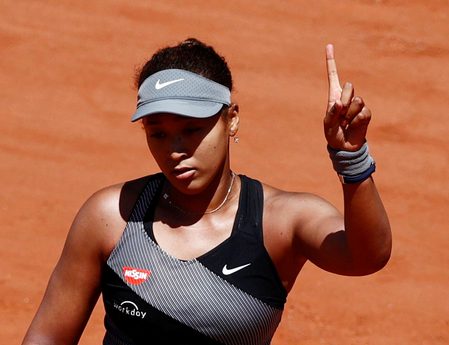
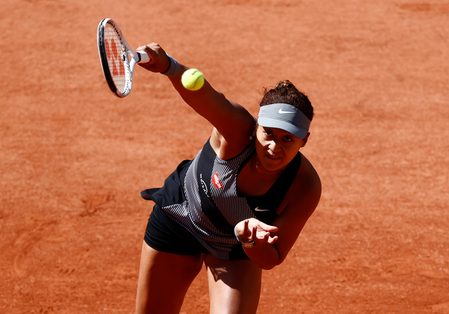
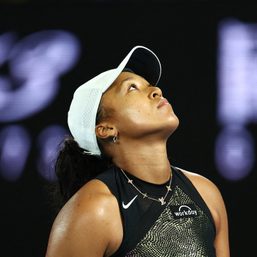
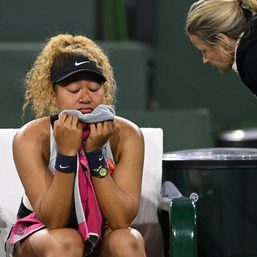
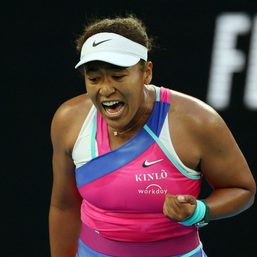
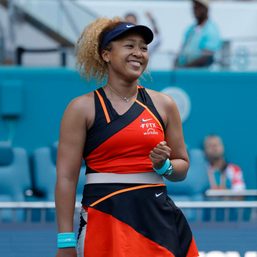
There are no comments yet. Add your comment to start the conversation.